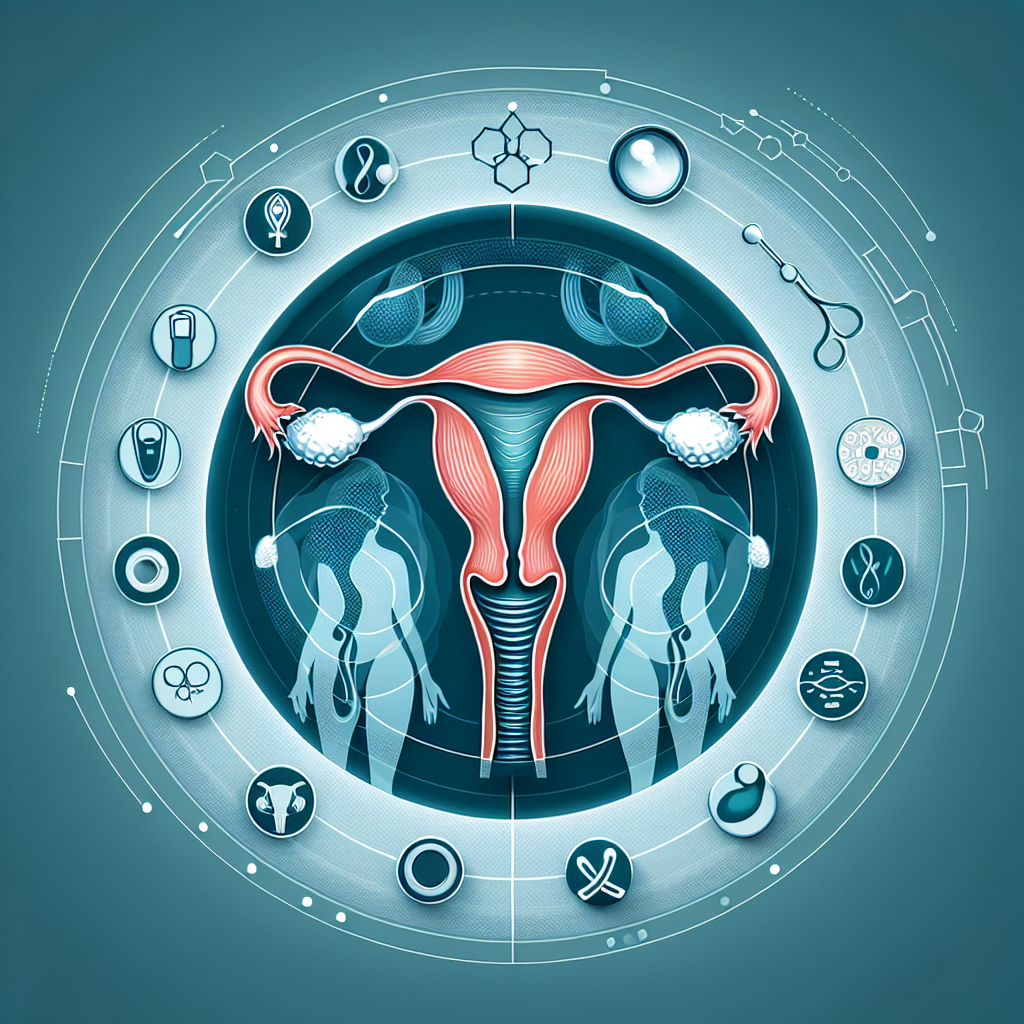
Unveiling the Rotterdam Criteria for Diagnosing PCOS
Aug 22, 2024
3 min read
0
1
0
PCOS, short for Polycystic Ovary Syndrome, often misconstrued as merely an ovarian disorder characterized by the presence of multiple cysts. Though this assumption isn't entirely false, the diagnosis of PCOS delves deeper, exploring a triad of factors known as the Rotterdam Criteria. To be diagnosed with PCOS, a woman must exhibit at least 2 out of these 3 criteria. While polycystic ovaries are indeed one of the criteria, what about the other two?
Understanding PCOS beyond its Name
Polycystic Ovary Syndrome is a complex endocrine disorder that affects a significant number of women worldwide. However, diagnosing PCOS isn't as straightforward as the name implies. The Rotterdam Criteria, established in 2003, brought clarity to the diagnostic process, requiring the presence of two of the following three criteria:
1. Polycystic Ovaries
The most visibly evident criteria, it involves the identification of multiple small follicles on the ovaries during an ultrasound. These tiny cysts are one of the hallmark characteristics of PCOS, but they do not stand alone in defining the syndrome.
2. Hyperandrogenism
Hyperandrogenism refers to elevated levels of male hormones, such as testosterone, in a woman's body. This hormonal imbalance can manifest in various ways, including acne, excessive hair growth (hirsutism), and even male-pattern baldness. Alongside the physical symptoms, hormonal tests can reveal the increased androgen levels contributing to the second criteria of PCOS.
3. Menstrual Irregularities
The third prong of the Rotterdam Criteria involves disturbances in a woman's menstrual cycle. Irregular periods, prolonged cycles, or complete absence of menstruation are common indicators of hormonal imbalances associated with PCOS. Monitoring menstrual patterns provides crucial insights into the hormonal dysregulation at the core of this syndrome.
Navigating the Diagnosis Journey
Understanding the Rotterdam Criteria is pivotal in the comprehensive evaluation and diagnosis of PCOS. With its multifaceted nature, PCOS requires a holistic approach that goes beyond surface-level symptoms. By acknowledging the interconnectedness of ovarian morphology, hormonal profile, and menstrual regularity, healthcare providers can offer more personalized and effective management strategies for individuals with PCOS.
Empowering Women through Knowledge
Empowerment lies in education, especially when it comes to health and well-being. By shedding light on the Rotterdam Criteria and the nuanced diagnostic process of PCOS, women are equipped with the knowledge to advocate for themselves and engage proactively in their healthcare journey. Breaking the stigma and misconceptions surrounding PCOS starts with understanding its intricacies and embracing the complexities that define this syndrome.

Embracing a Comprehensive Approach to Women's Health
PCOS transcends the confines of traditional medical categories, calling for an integrative and compassionate approach to women's health. By recognizing the interplay of hormonal, metabolic, and emotional factors in PCOS, healthcare providers can offer personalized care that addresses the unique needs and experiences of individuals with this syndrome. Together, we can rewrite the narrative around PCOS, fostering a culture of understanding, support, and empowerment.
In conclusion, PCOS encompasses more than meets the eye, and the Rotterdam Criteria serve as a guiding framework for its diagnosis. By unraveling the triad of polycystic ovaries, hyperandrogenism, and menstrual irregularities, we gain a deeper understanding of the complexities inherent in PCOS. Let's embark on this journey of awareness, education, and advocacy, empowering women to embrace their health with knowledge and resilience.
Remember, PCOS is not just a name; it's a story of strength, resilience, and the power of understanding.






